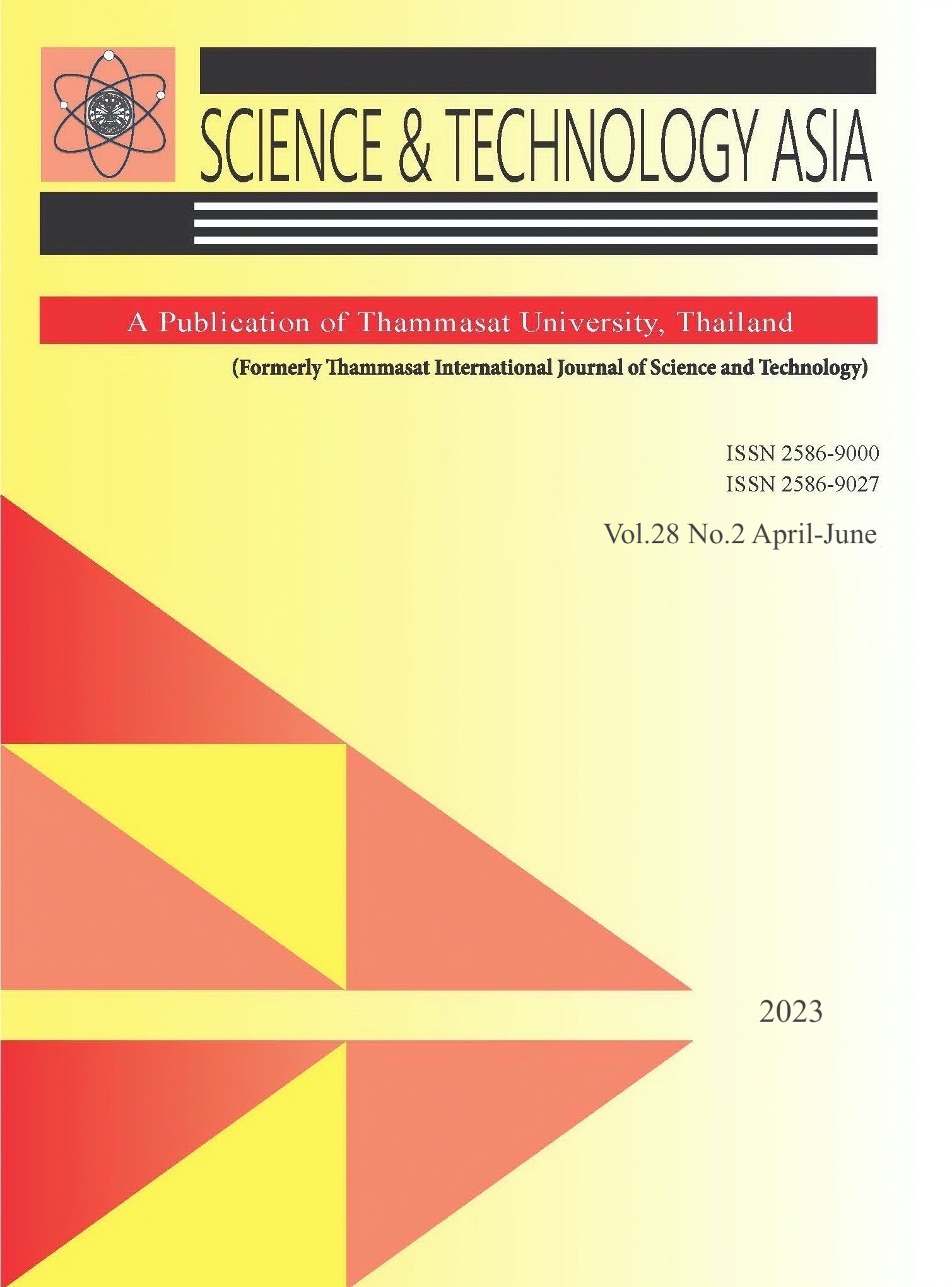Formulation, Optimization, and Evaluation of Extemporaneous Potassium Chloride-Loaded Alginate Beads
Main Article Content
Abstract
Potassium chloride is an oral replacement therapy for hypokalemia, although its metallic taste is usually complained about and significantly reduces treatment compliance. This study aimed to develop an extemporaneous preparation of potassium chloride-loaded alginate beads for unpleasant taste masking. Formulation and factors influencing the preparation of potassium chloride-loaded alginate beads were determined. The optimized beads with satisfying spherical shape and size distribution were successfully prepared by dropping 2% alginate solutions into 5% calcium chloride containing 10% potassium chloride solutions. The optimal distance between the drip tip and the surface of the calcium chloride solutions was 10 cm. After bead fabrication, the beads were maintained for 5 min in calcium chloride solutions with constant stirring at the rate of 250 rpm for complete crosslinking. The average diameter of the resulting beads was 5.8 ± 0.2 mm with a sphericity index of 0.96. The average weight of prepared beads was 95.9 ± 2.3 mg. The prepared beads contained 3.8 ± 0.1 %w/w potassiumions and 3.3 ± 0.1 %w/w chloride ions that were calculated to have 50.3 ± 0.5 % and 71.3 ± 1.1% entrapment efficiency, respectively. Moreover, the related compounds of sodium and calciumions were also assayed, and were found to be 1.3 ± 0.3 %w/w and 0.9 ± 0.5 %w/w, respectively. In conclusion, the extemporaneous potassium chloride-loaded alginate beads were prepared successfully with high entrapment efficiency.
Article Details

This work is licensed under a Creative Commons Attribution-NonCommercial-NoDerivatives 4.0 International License.


